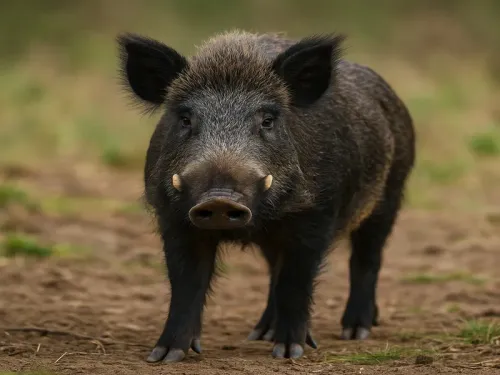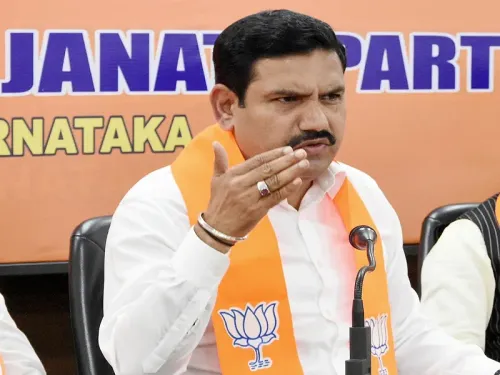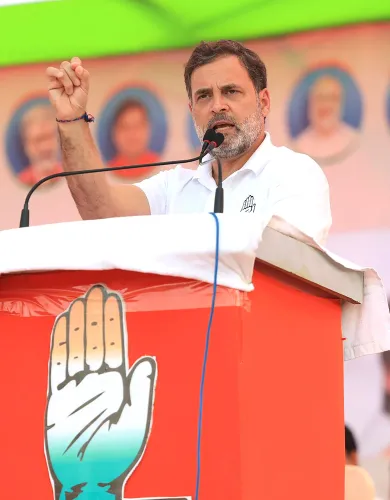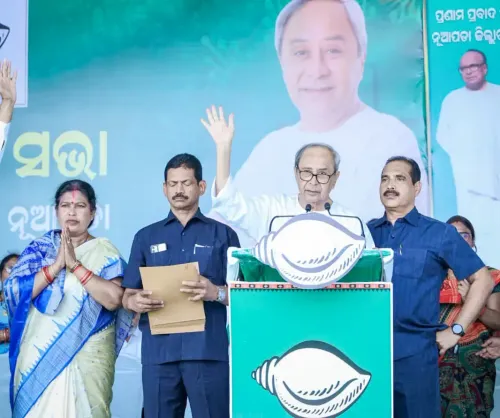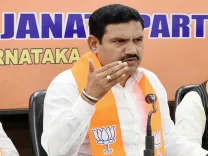How Many Civilians Were Killed in Pakistan's Shelling Along the J&K LoC?
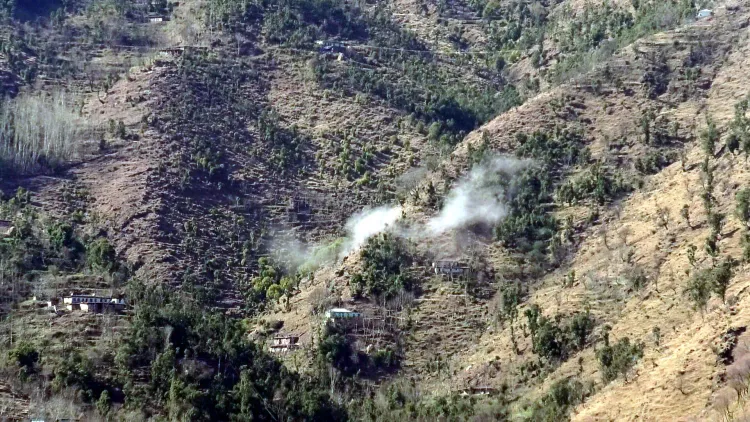
Synopsis
Key Takeaways
- Fifteen civilians and one soldier killed in ongoing shelling.
- Over 40 individuals injured.
- Indian Army's response included targeted strikes on terror sites.
- Schools and airports in the region have been temporarily closed.
- Government taking measures to ensure civilian safety.
Jammu/Srinagar, May 8 (NationPress) Fifteen individuals, including a soldier, lost their lives and more than 40 others sustained injuries due to mortar bombardment by the Pakistan Army along the Line of Control (LoC), which has persisted for the 14th consecutive day as of Thursday.
A statement from the Ministry of Defence (MoD) indicated, “During the night of 07-08 May 2025, Pakistan Army positions engaged in unprovoked gunfire utilizing small arms and artillery across the LoC in regions opposite Kupwara, Baramulla, Uri, and Akhnoor in J&K.”
“The Indian Army responded proportionally,” the statement elaborated.
The White Knight Corps, with headquarters in Nagrota, stated on X, “The GOC and all ranks of #WhiteKnightCorps honor the ultimate sacrifice of L/Nk Dinesh Kumar of 5 Fd Regt, who gave his life on 07 May 2025 amidst the Pakistan Army's shelling. We also express our solidarity with the victims of these targeted attacks on innocent civilians in the #Poonch Sector.”
The J&K administration has begun relocating individuals from at-risk areas along the LoC to safer locations, as tensions between the two nations have escalated.
Local hospitals in Poonch and Baramulla are treating a significant number of injured civilians, with special provisions established at the government medical college hospital in Jammu for those requiring specialized care.
All schools, colleges, and educational institutions have been suspended in Jammu, Poonch, Rajouri, Samba, Kathua, Baramulla, Kupwara, and Gurez.
The Air Force has assumed control of Srinagar airport, with all civilian flight operations halted until May 10.
On Wednesday, the Indian armed forces executed missile strikes on nine terror sites in Pakistan.
The MoD reported that these precision strikes targeted terror locations including Shawai Nallah Camp, Muzaffarabad (PoK), Muridke (Pakistan), Sarjal camp, Sialkot (Pakistan), Markaz Ahle Hadith, Barnala (Bhimber, PoK), Markaz Abbas, Kotli (PoK), Mehmoona Joya camp, Sialkot (Pakistan), Markaz Subhan Allah, Bahawalpur (Pakistan), Syedna Bilal camp, Muzaffarabad (PoK), and Maskar Raheel Shahid Gulpur Camp, Kotli (PoK).
India clarified that these strikes did not target any military installations in Pakistan and were conducted without crossing the LoC, aiming to remain non-escalatory.
Prime Minister Narendra Modi granted operational autonomy to the armed forces to retaliate for the deaths of 26 civilians, including 25 tourists and a local, by Lashkar-e-Taiba (LeT) terrorists backed by Pakistan on April 22 in the Baisaran meadow of Pahalgam.
The nation expressed outrage over the cowardly actions of the terrorists. Prime Minister Modi remarked in his initial response to the Pahalgam incident that those responsible for the attacks would be pursued relentlessly.
India has announced a series of measures against Pakistan, including the deportation of its nationals, closure of the Attari-Wagah border crossing, suspension of the Indus Water Treaty, closure of its airspace to Pakistani commercial flights, and cancellation of all trade and cultural exchanges.
On Wednesday, India also shut the Kartarpur border crossing at the international border in Punjab.
The decision to empower the armed forces came following a series of meetings led by the Prime Minister with the defense minister, national security advisor, chief of defense staff (CDS), and heads of the army, navy, and air force.
In a bid to send a strong message to terrorists and their supporters, security forces have demolished the homes of ten terrorists. On April 25, properties belonging to Adil Hussain Thokar and Asif Sheikh were destroyed in Tral and Bijbehara, respectively. Both were linked to the LeT group involved in the Pahalgam attack.
On April 28, the J&K Assembly unanimously condemned the heinous terrorist attack and passed a resolution to that effect.

